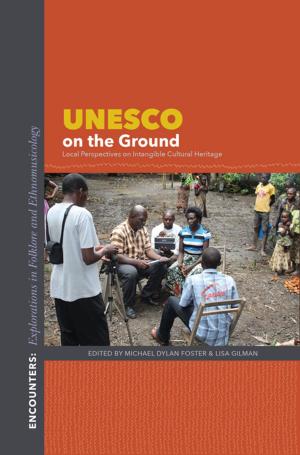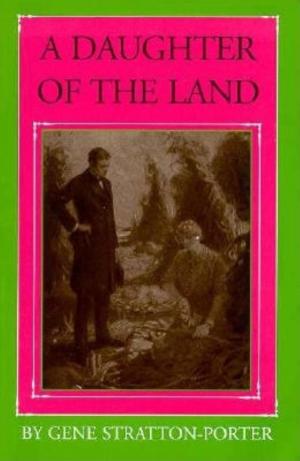Consuming Ocean Island
Stories of People and Phosphate from Banaba
Nonfiction, History, Australia & Oceania, Social & Cultural Studies, Social Science, Cultural Studies, Ethnic Studies, Anthropology| Author: | Katerina Martina Teaiwa | ISBN: | 9780253014603 |
| Publisher: | Indiana University Press | Publication: | December 27, 2014 |
| Imprint: | Indiana University Press | Language: | English |
| Author: | Katerina Martina Teaiwa |
| ISBN: | 9780253014603 |
| Publisher: | Indiana University Press |
| Publication: | December 27, 2014 |
| Imprint: | Indiana University Press |
| Language: | English |
Consuming Ocean Island tells the story of the land and people of Banaba, a small Pacific island, which, from 1900 to 1980, was heavily mined for phosphate, an essential ingredient in fertilizer. As mining stripped away the island's surface, the land was rendered uninhabitable, and the indigenous Banabans were relocated to Rabi Island in Fiji. Katerina Martina Teaiwa tells the story of this human and ecological calamity by weaving together memories, records, and images from displaced islanders, colonial administrators, and employees of the mining company. Her compelling narrative reminds us of what is at stake whenever the interests of industrial agriculture and indigenous minorities come into conflict. The Banaban experience offers insight into the plight of other island peoples facing forced migration as a result of human impact on the environment.
Consuming Ocean Island tells the story of the land and people of Banaba, a small Pacific island, which, from 1900 to 1980, was heavily mined for phosphate, an essential ingredient in fertilizer. As mining stripped away the island's surface, the land was rendered uninhabitable, and the indigenous Banabans were relocated to Rabi Island in Fiji. Katerina Martina Teaiwa tells the story of this human and ecological calamity by weaving together memories, records, and images from displaced islanders, colonial administrators, and employees of the mining company. Her compelling narrative reminds us of what is at stake whenever the interests of industrial agriculture and indigenous minorities come into conflict. The Banaban experience offers insight into the plight of other island peoples facing forced migration as a result of human impact on the environment.















